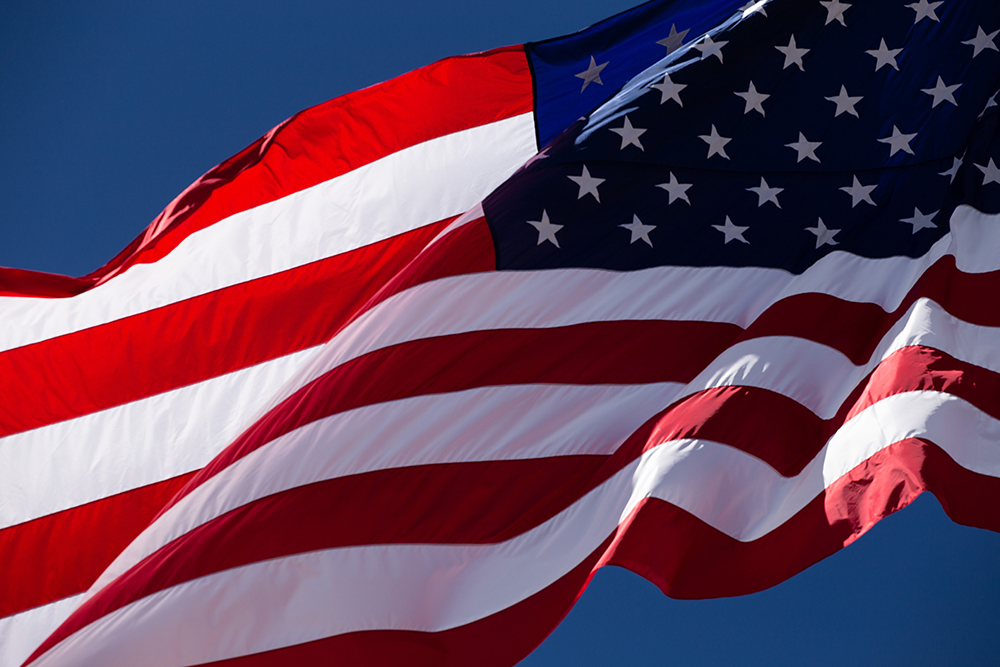
As the world looks to resume international travel again, South Africa is facing increased restrictions due to concerns around the country’s 501Y.V2 variant of Covid-19.
This week, Belgiumsaid that it would ban travel from Brazil, South Africa, and India due to fears of coronavirus mutations. The country has also introduced stricter quarantine and testing rules for nationals coming from these countries.
Similarly, South Korea said it will offer some exemptions to mandatory quarantine measures for people who have been fully inoculated against Covid-19.
However, this will not apply to residents arriving from nations such as South Africa and Brazil where coronavirus variants are prevalent and to people who are vaccinated in foreign countries.
A key reason behind the restrictions is concern around ‘mutations’ and a stigma attached to the Covid-19 502Y.V2 variant, which was first discovered in South Africa.
A large number of countries have indicated that travellers from South Africa will still be barred from entering a sign that the country could be facing reputational damage because of the variant.
Research from Oxford Economics for April shows that of the three major Covid variants to be spreading: the 502Y.V2 variant referred to as the South African variant is the second most prominent, with the UK variants being far more widespread.
Despite this, the UK has fewer travel restrictions imposed on it than South Africa.
A mapping tool developed by travel website Skyscanner shows that as of 26 April, South Africa has 117 major restrictions from other countries in place.
These countries have suspended travel, may be closed to entry, or entry may only be possible if you are a citizen/meet strict entrance requirements.
By comparison, there are currently 101 moderate restrictions in place on South Africa, where travel is possible, but only if travellers meet certain entry requirements which can include taking Covid-19 tests.
Just seven countries have low-risk restrictions meaning that travellers likely wont have to face enforced quarantine periods.
Opening up
Even as the coronavirus pandemic continues to rage in many corners of the world, places that have successfully vaccinated a substantial share of the population are plotting the next step: how to let people start travelling again, Bloombergreports.
By early summer (winter for the Southern Hemisphere), countries of the European Union and beyond aim to issue vaccine passports that would let those who have been inoculated freely cross borders.
Some places – Australia and New Zealand, for instance, and Singapore and Hong Kong – are joining together to create travel bubbles that allow citizens to visit without mandatory quarantines.
And governments are drawing up lists of vaccines and tests they deem sufficiently effective to permit entry.
Theres optimism that we’re getting a little closer to seeing some form of travel this summer, especially in the trans-Atlantic market, said John Strickland, owner of aviation advisory firm JLS Consulting in London.
Airlines have done a lot of the spadework on digital travel passports and testing, and there’s a huge impetus on governments to get some travel going.
However, any opening could be slowed by the implementation of rules by some countries that allow only people with certain vaccines to enter.
The EU says it will guarantee access solely to those with vaccines approved by the blocs medical authority – though it has encouraged individual countries to accept any shot approved by the World Health Organisation, according to a draft of rules seen by Bloomberg.
And China will only admit people who have been inoculated with shots from its pharmaceutical companies which havent been approved in Europe, the US, and many other places.
With additional reporting from Bloomberg
Read: Expropriation of land without compensation in South Africa where are we?

 Subscribe to The Daily Telegraph to get unrestricted digital access, home paper delivery, Apps for iPad and Android, member only +Rewards and much more…
Subscribe to The Daily Telegraph to get unrestricted digital access, home paper delivery, Apps for iPad and Android, member only +Rewards and much more…  Do you compost or buy second hand?
Do you compost or buy second hand?  The Newsreader review: Exhilirating Australian prestige drama
The Newsreader review: Exhilirating Australian prestige drama  Local shares fell on Friday as investors make last-minute adjustments to their portfolios ahead of the main index’s rebalancing, while unease over rising infections grows.
Local shares fell on Friday as investors make last-minute adjustments to their portfolios ahead of the main index’s rebalancing, while unease over rising infections grows. 


